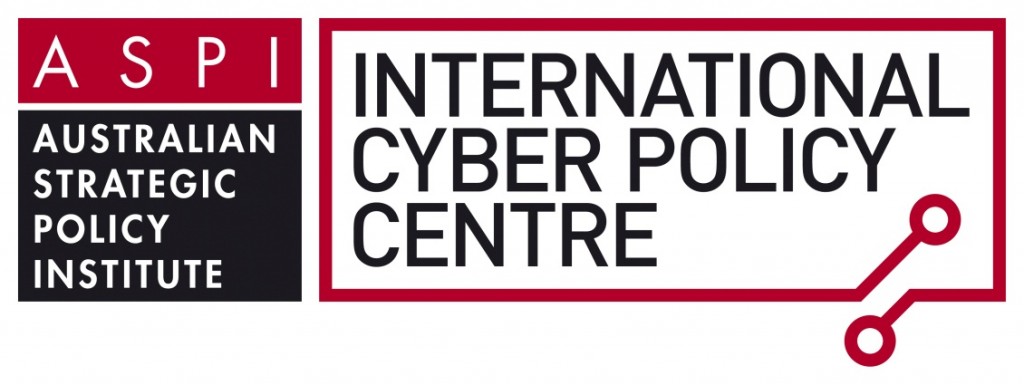Cyber wrap
 First up, a haiku on the Internet from the New York Times haiku generator:
First up, a haiku on the Internet from the New York Times haiku generator:
The Internet is // emotionally a very // flat experience.
Many Turkish citizens would agree with that sentiment this week as they found YouTube access blocked for reasons of ‘national security’—after Twitter had been blocked the week before. Prime Minister Recep Tayyip Erdoğan ordered a clamp down on the social media sites after a leaked audio file showed Turkish government and military leaders discussing a military strike on Syria. The PM has also been fighting off corruption charges that surfaced on those platforms. The ban on YouTube was made days before municipal elections, which Erdoğan’s party won comfortably.
China’s no stranger to Internet censorship and surveillance of its netizens. It’s also an exporter of technologies that assist other governments control opinion among their domestic populations. Human Rights Watch have released a report pointing a finger at China’s role in facilitating the development of Ethiopia’s surveillance networks. The report claims that ‘the technologies used to monitor telecom activity in Ethiopia have been provided by the Chinese telecom giant ZTE.’ ZTE is a major player in the African telecom industry, playing a key role in the development of fledgling telecom networks. Mark Clayton over at the CS Monitor has an article on the issue.
There has been a lot of discussion in the past week about the future of US cyber policy. At the retirement ceremony for CYBERCOM commander General Keith Alexander, US Secretary of Defense Chuck Hagel said that the US ‘will maintain an approach of restraint to any cyber operations outside of U.S. government networks.’ Framing future American cyberespionage and attack operations as ‘limited’ could be seen as a response to new Snowden revelations about alleged NSA hacking of Huawei’s networks. It also comes on the eve of Hagel’s first visit to China. Chinese Defence Ministry spokesman Geng Yansheng has rebuked the US about the recent NSA cyberespionage disclosures. China has vowed to boost its cybersecurity efforts.
Hagel also flagged a boost in the recruitment of cybersecurity professionals during General Alexander’s retirement ceremony. He said that ‘US reliance on cyberspace outpaces our cybersecurity’, and that the Pentagon will boost its numbers of cyber professionals to 6000 by 2016—a more than threefold increase of current levels. Japan has also announced its own increases to its military cyber forces this week, launching a 90-person strong cybersecurity unit last Thursday.
For more on the future of US cyber policy, Ian Wallace and Peter Singer at the Brookings Institution have a podcast with Richard Bejtlich and Ralph Langner, two fellows at the ‘Brookings’s Center for 21st Century Security and Intelligence’. The interview has a number of key highlights including challenges for the next CYBERCOM-NSA commander and the risk of SCADA systems—centralised systems which monitor and control entire sites, such as a water distribution system—being seized by organised groups. For another perspective on the future of US cyber policy, Spiegel has spoken to former NSA director Michael Hayden on the future of the Internet.
According to The Guardian, Labor’s deputy leader Tanya Plibersek has signalled that she is open to giving intelligence agencies more tools to deal with domestic security threats. In a Sky News interview on Sunday, Plibersek said she ‘wants to give [intelligence] agencies the maximum ability to do their job well, within the bounds that people would expect.’ This may include the mandatory collection of metadata currently being pushed by the Australian Crime Commission, state and federal police, and intelligence agencies at the Senate committee review of the Telecommunications (Interception and Access) Act 1979. On interception and storage of metadata, Plibersek stated ‘it has been an important tool in disrupting some very serious terrorist plots in Australia’.
Moving now to cybercrime, the RAND Corporation has released a report entitled ‘Markets for cybercrime tools and stolen data’. One of the report’s main findings is that ‘the cyber black market has evolved from a varied landscape of discrete, ad hoc individuals into a network of highly organized groups, often connected with traditional crime groups’.
Finally, the Cyber Dialogue conference in Canada concluded yesterday, with discussion focusing on the Internet after Snowden. The conference’s official website and blog can be found here. An interesting development happened last night when whistleblower Thomas Drake challenged Joel Brenner—former senior counsel at the NSA—on the legality of access to individuals’ data.
Simon Hansen is an intern at ASPI.
